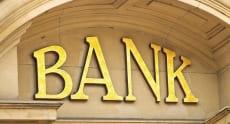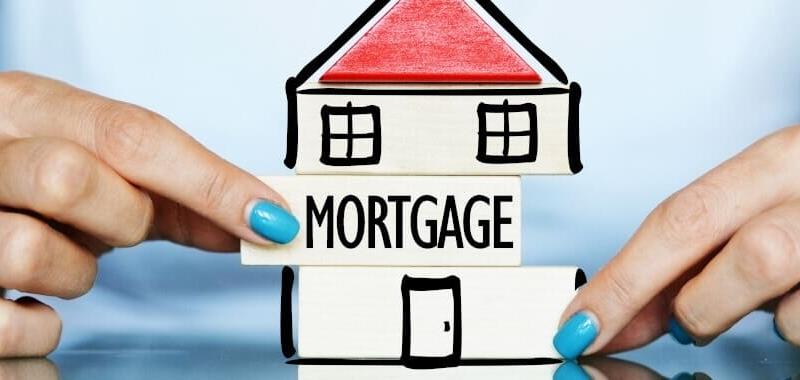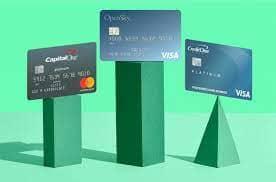If you’re considering a debt consolidation loan, our guide will explain all the options to help you make a decision. Debt consolidation loans can be a good way of putting all your debts into one account, to make repayments easier to manage. Before you go ahead, it’s important to understand exactly what they entail and our guide will give you all the information you need.

What Are Debt Consolidation Loans?
A debt consolidation loan enables you to pull all of your existing debts into one single loan so that you only have to manage one monthly repayment. As well as making it simpler to pay off your debts, it could also reduce the amount you need to pay each month, which will lower the financial pressure that you’re under.
A debt consolidation loan is available as either an unsecured or secured loan, and it’s essential that you know the difference.
With an unsecured loan, the lender will have no claims on any of your assets if you don’t make a payment.
With a secured loan, though, your debt is secured with an asset such as your home, and this could be at risk if you miss some repayments1. These can also be referred to as homeowner loans and are generally offered for larger debts or for those with a poor credit record.
When Can a Debt Consolidation Loan Help?
Taking out debt consolidation loans can be beneficial if it will result in you paying a lower amount of interest, and if the final amount you owe doesn’t increase.
They can be useful as a way to start reorganising your finances and reducing the amount you spend, but you need to ensure that you can make the repayments for the full term of the loan. You will also need to take into account any costs or fees that existing lenders might charge for moving the loans.
Before you commit to a debt consolidation loan you need to think about any future changes that might impact on your ability to pay. For example, is your job secure or do you plan on starting a family and taking maternity leave? You must be able to stop yourself from putting items on your credit cards if these loans are going to be beneficial in the long-term, so you need to understand if the repayments are realistic until the end of the loan period.
When Shouldn’t You Use a Debt Consolidation Loan?
In some instances, taking out a debt consolidation loan isn’t a sensible option, including when the interest rate will result in you paying more each month than you currently are. If the new loan repayments are not affordable or the amount won’t allow you to clear all your debts, then you should look at another option.
It’s also not advisable to use these loans if the repayment period is considerably longer, which would result in you paying more in the end2.
Other Ways to Repay Debts
For those consumers with a good credit rating, there’s also the option of using a 0% balance transfer card or one with a very low-interest rate. However, you will need to be able to repay the amount during the 0% period for this to be worthwhile.
Unsecured personal loans are also a way of consolidating debts, but to be able to benefit from a low rate you will need a good credit history.
Costs of a Debt Consolidation Loan
The amount you’ll have to pay for a debt consolidation loan will vary between companies, but some of the fees can be high, so it is important to check the small print in advance and don’t pay a company to sort out the loan for you unless they are giving advice as well.
You also need to check if there are any charges for paying off your current loans early, as this could reduce the savings a consolidation loan will make.
Taking Out a Debt Consolidation Loan
Before you finalise a loan, make sure that you’ve taken financial advice and that this is the best way of dealing with your debts. You can shop around to find which is the best deal for you and compare APR and any extra costs, not just the headline rate, as this doesn’t give you an accurate enough figure.
Once you’ve taken out a loan, cancel and cut-up any credit cards and stop any overdrafts so that you’re not tempted to keep on spending. A debt consolidation loan is a way of getting your financial habits moving in the right direction, and it will only be a beneficial approach if you change the way in which you spend to avoid getting into the same predicament in the future.
Debt Consolidation Loans Jargon Buster
APR
APR (Annual Percentage Rate) is a handy way to compare the costs associated with different credit cards. It is calculated as the annual rate of interest divided by 12 months. It also includes any monthly or annual charges on top of the basic interest rate3.
Credit Rating
Your credit rating is calculated by a number of Credit Reference Agencies in the UK4. It is a score used by financial institutions to assess your suitability for a credit card, loan, mortgage and other financial products. It is a reflection of how well you have managed your finances over time. If you have regularly applied for financial products and have made the required payments on time (credit card payments, mortgage payments, loan repayments etc) you will have a higher credit score. It is also helpful if you are on the Electoral Roll. You can request a Credit Report from a number of companies in the UK including Experian, Equifax, Clearscore and Noddle.
Debt Consolidation
This is a type of loan which can be used to combine outstanding debt from a range of sources (other loans, credit cards, store cards, overdrafts) into a single debt with one single monthly payment. The objective of any debt consolidation loan should be to reduce the monthly payments you need to make and the overall amount to be repaid. Consumers must be careful however as some loans could result in larger monthly payments and a longer repayment period.
Early Repayment Charge
A one-off charge applied by the lender if you choose to pay off the balance of your loan before the end of the term agreed when you took out the loan5.
Fixed Interest Rate
Loans generally come with a fixed interest rate (as opposed to a variable interest rate). This means the interest charged on the loan cannot be changed by the bank during the term of the loan giving you certainty over the monthly repayments that need to be made.
Interest Rate
This is the cost of your loan, expressed as a rate of interest. This is the amount the lender will charge you for borrowing the money from them. For example, if you borrow £10,000 over 1 year with an interest rate of 5%, the total amount of money to be repaid would be £10,500.
Total Amount Payable
This is the total cost of the loan and includes the initial amount borrowed (the capital) plus the interest and any additional fee's charged by the lender.
1 MoneyAdviceService.org.uk Secured And Unsecured Borrowing Explained
2 TheBalance.com Loan Term: Time Periods And Specifics
3 Experian.co.uk What Is APR?
4 SwitftMoney.com Your Credit Score/Credit Rating Explained (UK)
5 MoneyGuru.com What Is An Early Repayment Charge?












